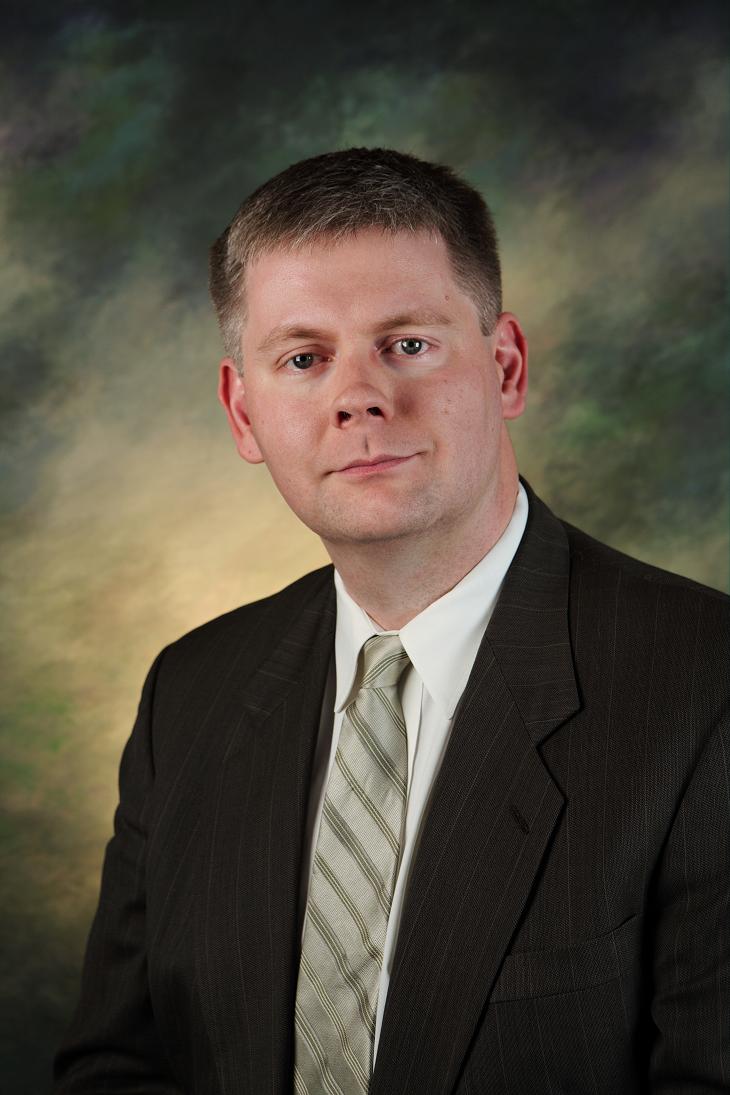Evil memes: Securing your corporate reputation in social media

Jennifer Leggio is at RSA Conference
Guest editorial by Toby Weir-Jones, BT Global Services

In general, social media operators like Facebook and Twitter love this situation, since it drives eyeballs to their platforms in huge numbers. But it is this very phenomenon which could be leveraged by attackers to crucify corporate reputations, spread libelous stories, and generate massive public fear and unrest. There is a crucial ingredient which will allow a firm to be victimized in this way - if they're not organized enough to fight back on the same battleground as the attack is launched.
Returning to Dave Carroll, there were two main points about his experiences with United Airlines. The first was more of a traditional big-company PR/customer service screw-up, with ambiguous lines of accountability and processes which hadn't kept up with the practical realities of their business. The second was the fact that the speed of United's response lagged far behind the growth of the meme once Carroll went public with his song and video. Since then, @UnitedAirlines has become an active voice on Twitter, and the airline has issued multiple statements assuring customers of changes to their customer service practices. None of that was enough to mitigate $180M in lost shareholder value in the four days following the release of Carroll's video, however.
Any company which operates in the public eye is at risk for this kind of pounding to their reputation. Carroll's guitar was certainly broken, but imagine instead if someone fabricated a story for no other reason than to capture the public's imagination and impugn a company's reputation irreparably. It could be a story suggesting a US-based baby formula company was using the same toxic melamine additives as the disgraced Chinese firms, or a story about yet another safety hazard with a major car manufacturer, or anything which was designed to leverage the rubric of current events against a new target. How can a firm prevent this?
The reality is they can't stop anyone from trying, but they can be right there with a response. Whomever speaks via social media needs to have the same kind of hotline access to senior management, and the authority to make definitive statements promptly, even if they are not fully-researched responses. Most importantly, however, is that the effort needs to be publicized and sustained, so that customers know an official voice is out there today and will be tomorrow. There are plenty of abandoned Twitter accounts from companies testing the waters, as well as Facebook landing pages for individual campaigns which have served their purpose. All of the platform operators offer various methods of validating the identity of an official corporate account, and such certifications are essential for any corporate mouthpiece taking steps into the arena.
Social media tools are a real forum where customers share valuable feedback and look to companies for real information which isn't just regurgitated mainstream PR; the responsiveness needs to bypass the formal and laborious approval cycle of press releases and artfully-massaged brochureware. The voice of social media needs to be raw and authentic, honest and humble, and the best-informed, most visible spokesperson in the company.
Toby Weir-Jones is the vice president, product development in the Managed Security Solutions Group for BT Global Services. Toby is responsible for the strategic planning and execution of BT's Managed Security Solutions Group roadmap, combining BT's vision for managed security solutions with feedback from customers and employees. You can find Toby online as part of BT MSSG's SecureThinking blogging and tweeting team.